Teachers’ strike: testing the limit of public sympathy?
Confirmation of industrial action at schools from next month will have left families in state of ‘despair’
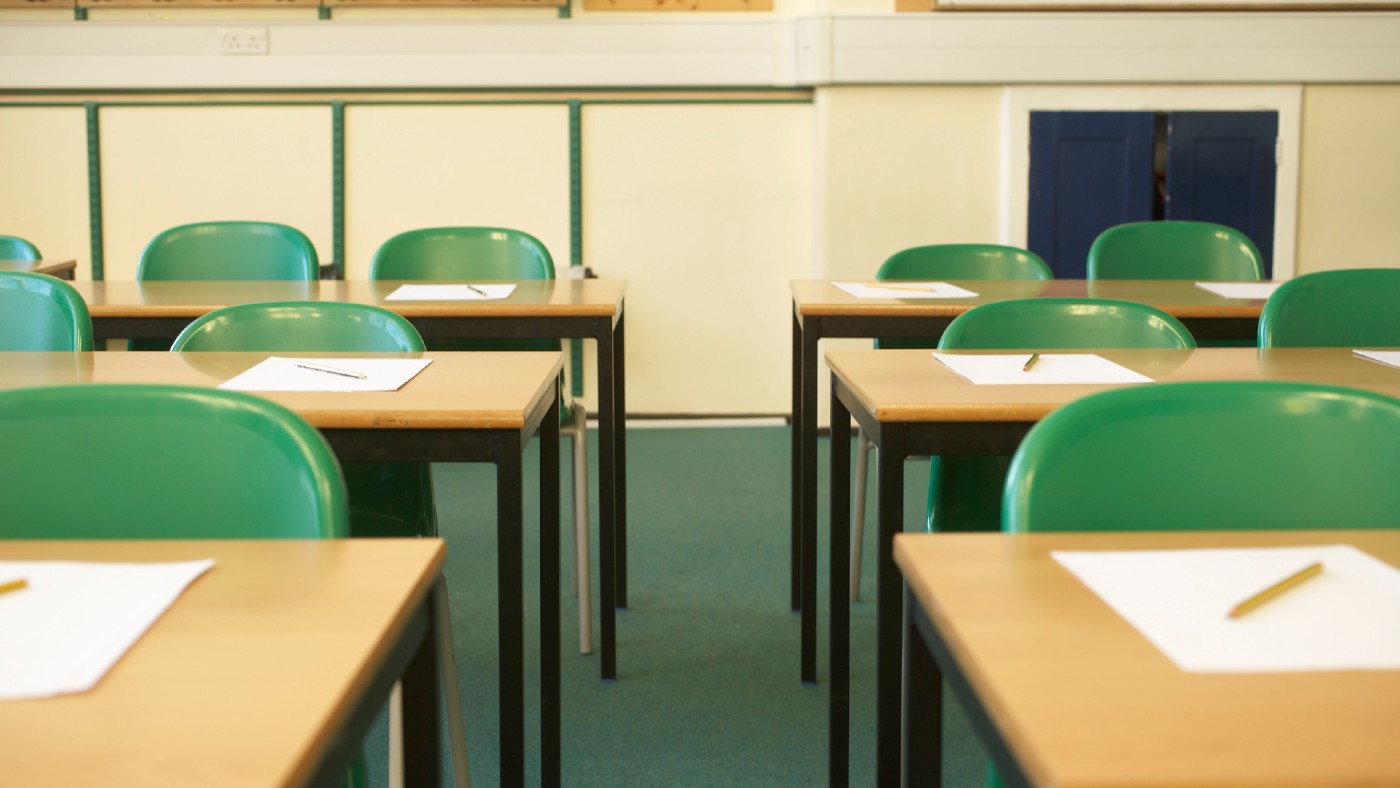
A free daily email with the biggest news stories of the day – and the best features from TheWeek.com
You are now subscribed
Your newsletter sign-up was successful
Members of Britain’s biggest teaching union have voted to take industrial action, paving the way for strikes at 23,400 schools across England and Wales in February and March. The National Education Union (NEU) said that 90% of its members had backed the walkout in demand of higher pay, on a turnout of 53%.
News that teachers are joining the growing list of striking public sector workers will have left families in a state of utter “despair”, said The Times. Pupils have already suffered months of disruption to their learning as a result of the pandemic. That they now face yet more lost teaching days “will only add to the sense of betrayal”, and further hinder their development.
What did the papers say?
I’m not surprised teachers voted to strike, said Suzanne Moore in The Daily Telegraph. They’ve had to cope with enormous changes over the past 25 years, including “ever more testing” and increased inspections. Many now act as “unpaid social workers” (some even bring in food for hungry kids) – all while swallowing real-terms pay cuts and seeing more of their free time taken up by paperwork. No wonder they are leaving the profession in droves, and fewer graduates are signing up for teacher training, leaving a severe shortage of maths and physics teachers in particular.
The Week
Escape your echo chamber. Get the facts behind the news, plus analysis from multiple perspectives.

Sign up for The Week's Free Newsletters
From our morning news briefing to a weekly Good News Newsletter, get the best of The Week delivered directly to your inbox.
From our morning news briefing to a weekly Good News Newsletter, get the best of The Week delivered directly to your inbox.
“I understand the frustrations that many teachers feel,” said Mark Lehain on CapX. The squeeze on school budgets, and higher rates of persistent absences since the pandemic, have made it ever harder to keep the show on the road, let alone help children catch up. But teachers are paid pretty well already: once their generous pensions are taken into account, the average teacher’s pay package is worth more than £50,000 – and heads can earn double that. Going out on strike could backfire, by eroding the public’s trust in the profession.
What next?
Even before teachers voted to strike, Britain was facing the “most disruptive” wave of industrial action in decades, said Andrew Rawnsley in The Observer, and it is showing no signs of abating. The PM had hoped to see off the unions by standing firm, calculating that workers’ resolve would fray and “sympathy for strikers would ebb”. Yet neither of those things are happening: polls suggest that a majority of voters blame the government, not unions, for the walkouts; and workers aren’t backing down.
In fact, it’s Rishi Sunak who’s in retreat, said Dan Hodges in The Mail on Sunday. Having long resisted it, he has now invited union leaders for talks; ministers recently signed off on a new offer to train drivers; and the PM is considering a “one-off payment” to break the deadlock with nurses. Sunak never had the political capital to win a protracted dispute with the unions. Now, even he can see that they “have him beat”.
Ministers are set to plead with schools to keep classes open for GCSE and A-level pupils during the teachers’ strike, reported The Daily Telegraph. Schools will also be asked to prioritise children with special needs and disabilities; but government advice on such matters is not binding, and it’s unclear how many schools will manage to stay open
A free daily email with the biggest news stories of the day – and the best features from TheWeek.com
-
 Why is the Trump administration talking about ‘Western civilization’?
Why is the Trump administration talking about ‘Western civilization’?Talking Points Rubio says Europe, US bonded by religion and ancestry
-
 Quentin Deranque: a student’s death energizes the French far right
Quentin Deranque: a student’s death energizes the French far rightIN THE SPOTLIGHT Reactions to the violent killing of an ultra-conservative activist offer a glimpse at the culture wars roiling France ahead of next year’s elections.
-
 Secured vs. unsecured loans: how do they differ and which is better?
Secured vs. unsecured loans: how do they differ and which is better?the explainer They are distinguished by the level of risk and the inclusion of collateral
-
 Education: More Americans say college isn’t worth it
Education: More Americans say college isn’t worth itfeature College is costly and job prospects are vanishing
-
 School phone bans: Why they're spreading
School phone bans: Why they're spreadingFeature 17 states are imposing all-day phone bans in schools
-
 Schools: The return of a dreaded fitness test
Schools: The return of a dreaded fitness testFeature Donald Trump is bringing the Presidential Fitness Test back to classrooms nationwide
-
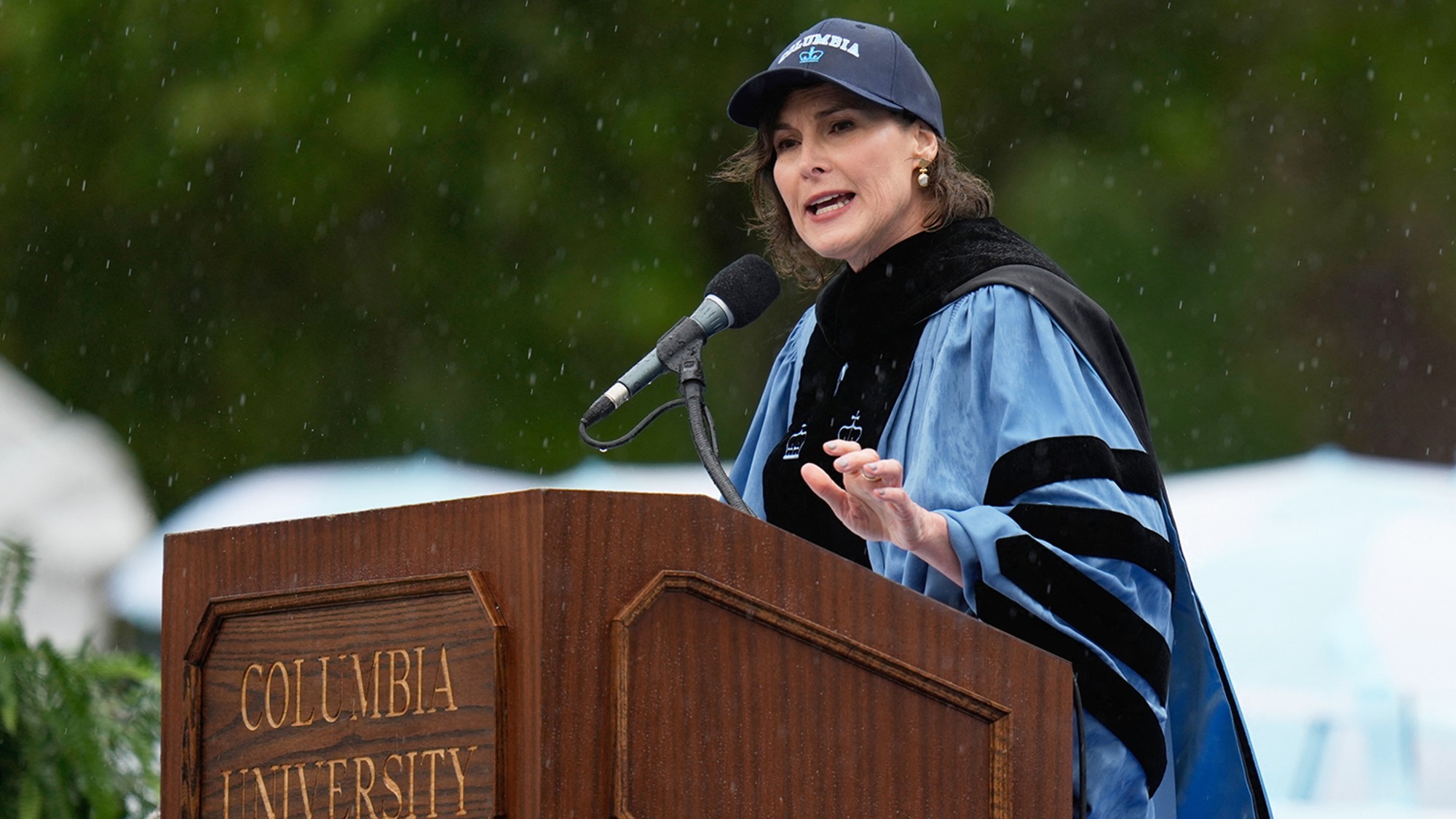 Columbia: A justified surrender to Trump?
Columbia: A justified surrender to Trump?Feature Columbia agrees to a $221M settlement and new restrictions to restore federal funding
-
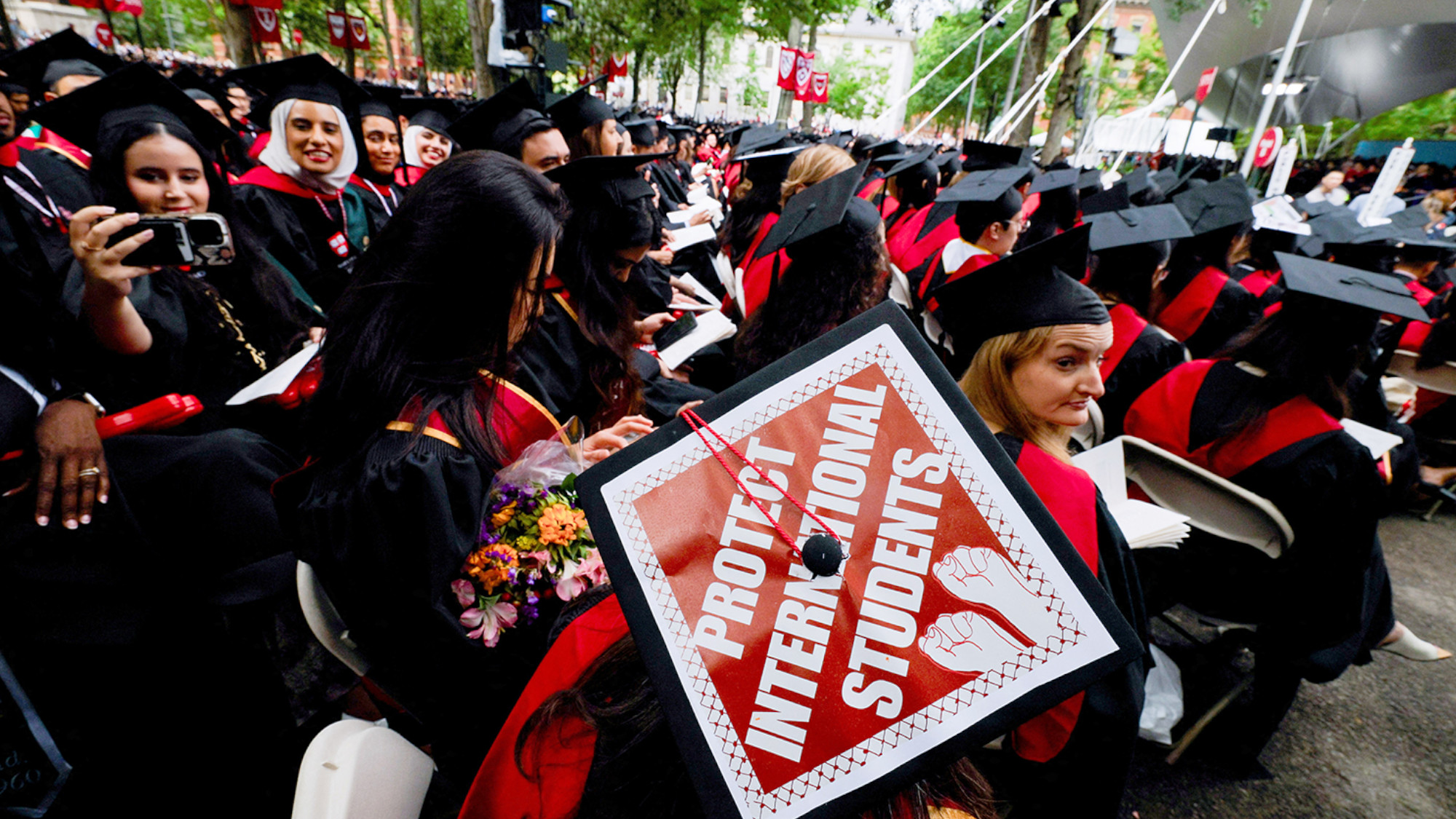 Education: America First vs. foreign students
Education: America First vs. foreign studentsFeature Trump's war on Harvard escalates as he blocks foreign students from enrolling at the university
-
 Education: Can public schools be religious?
Education: Can public schools be religious?Feature A Supreme Court seems ready to rule in favor of religious charter schools in Oklahoma, which could reshape public education
-
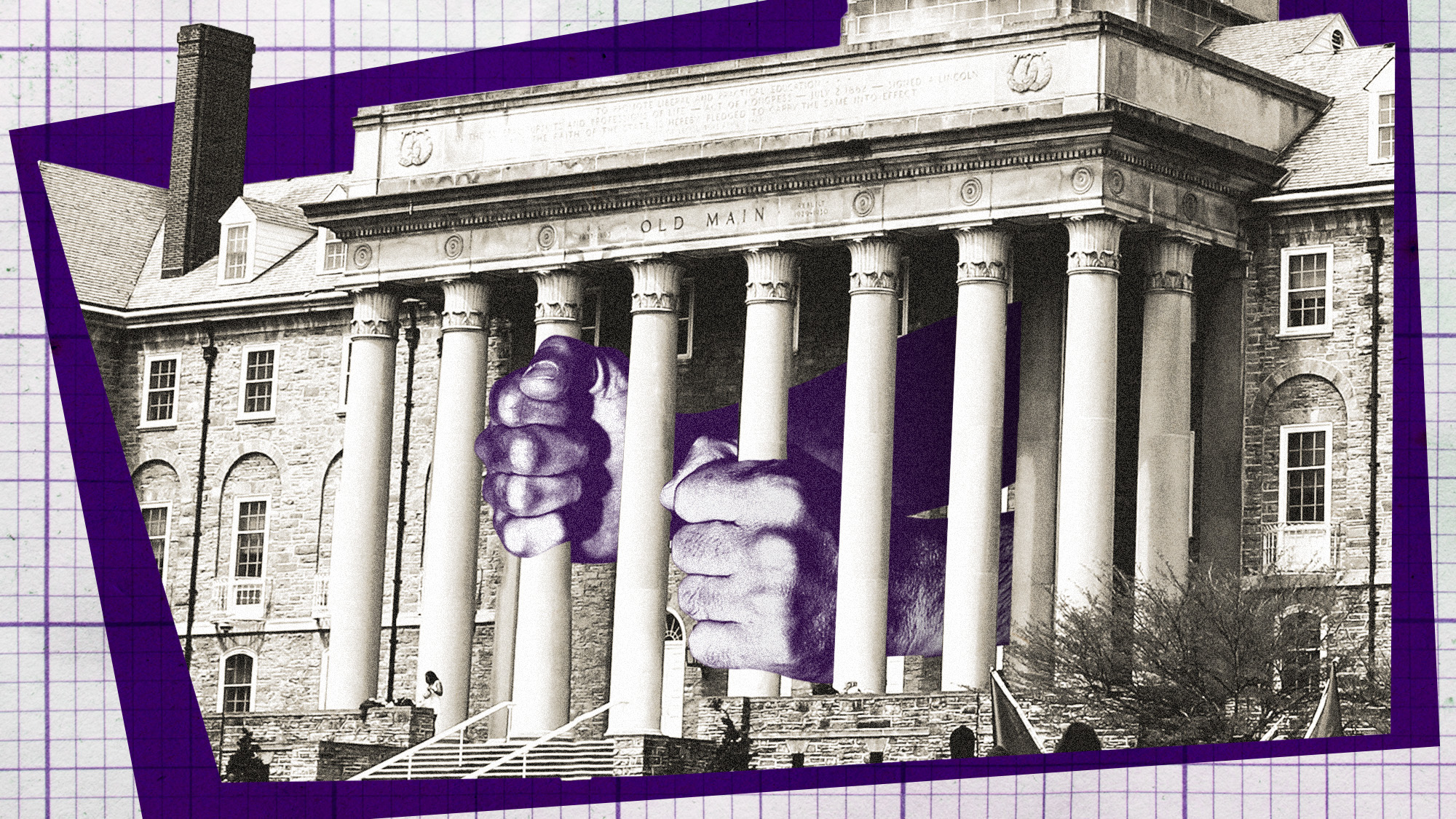 Is academic freedom in peril?
Is academic freedom in peril?Today's Big Question Faculty punishments are on the rise
-
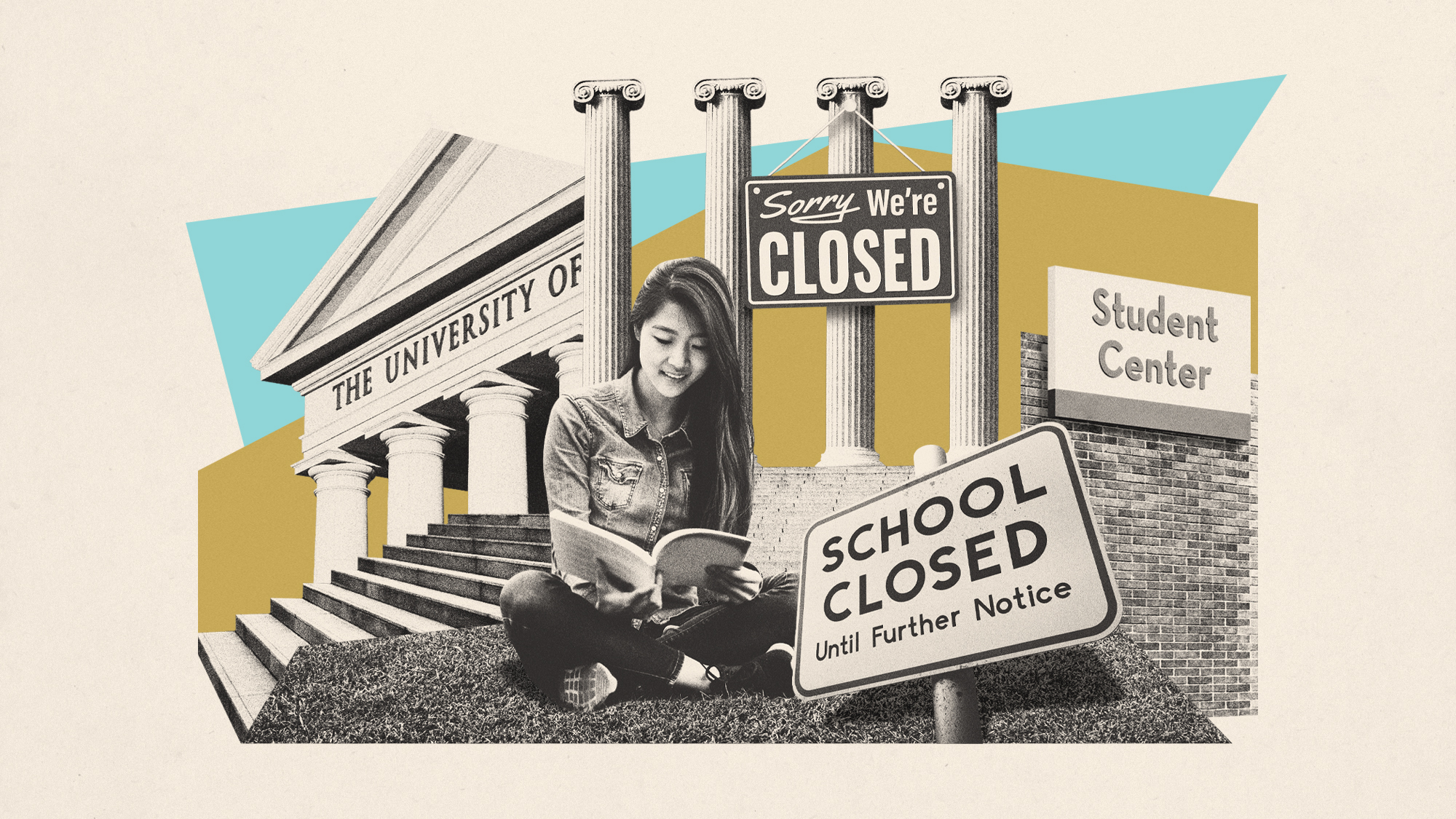 Why are so many colleges closing?
Why are so many colleges closing?Today's Big Question 'Enrollment cliffs' and higher tuition both play a role